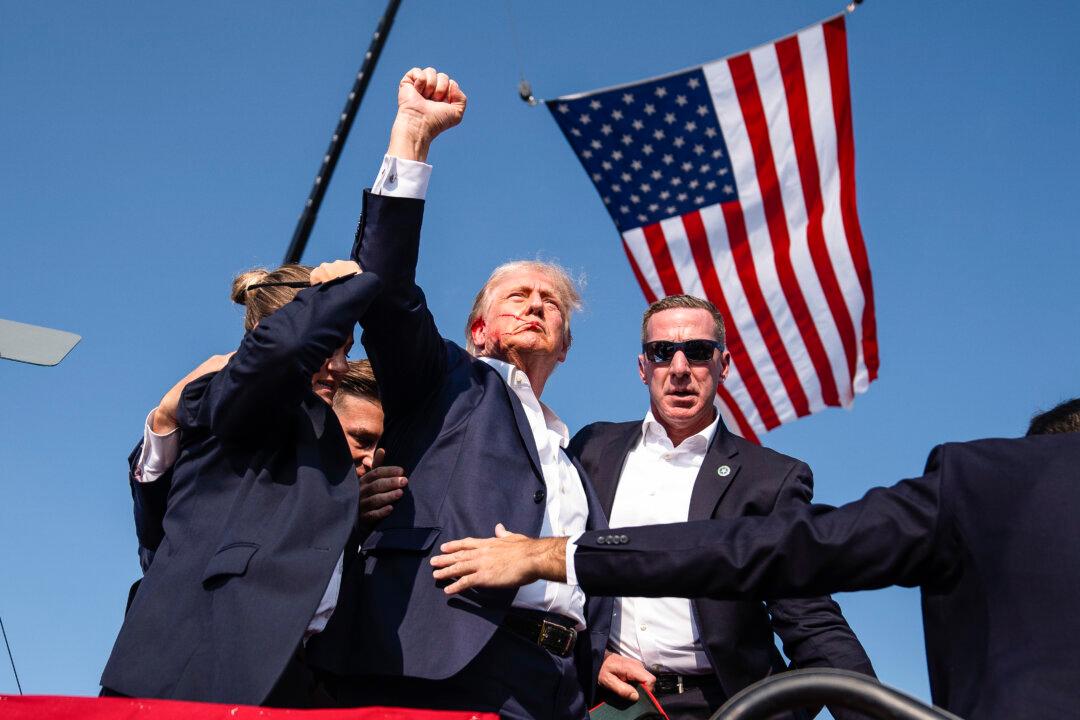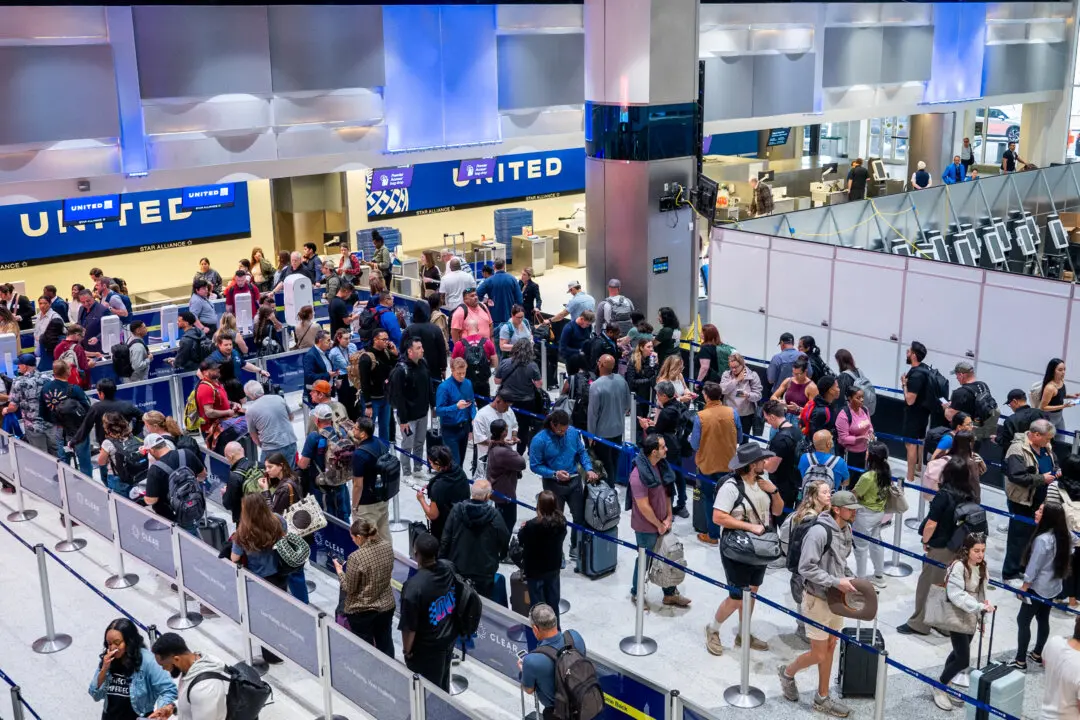The Federal Election Commission is considering a new rule that would expand federal candidates’ ability to use their campaign funds to pay for security.
On July 17, the FEC released a response to repeated inquiries about the issue. The regulator said it is actively considering a new rulemaking that is expected to be concluded in the coming months.





